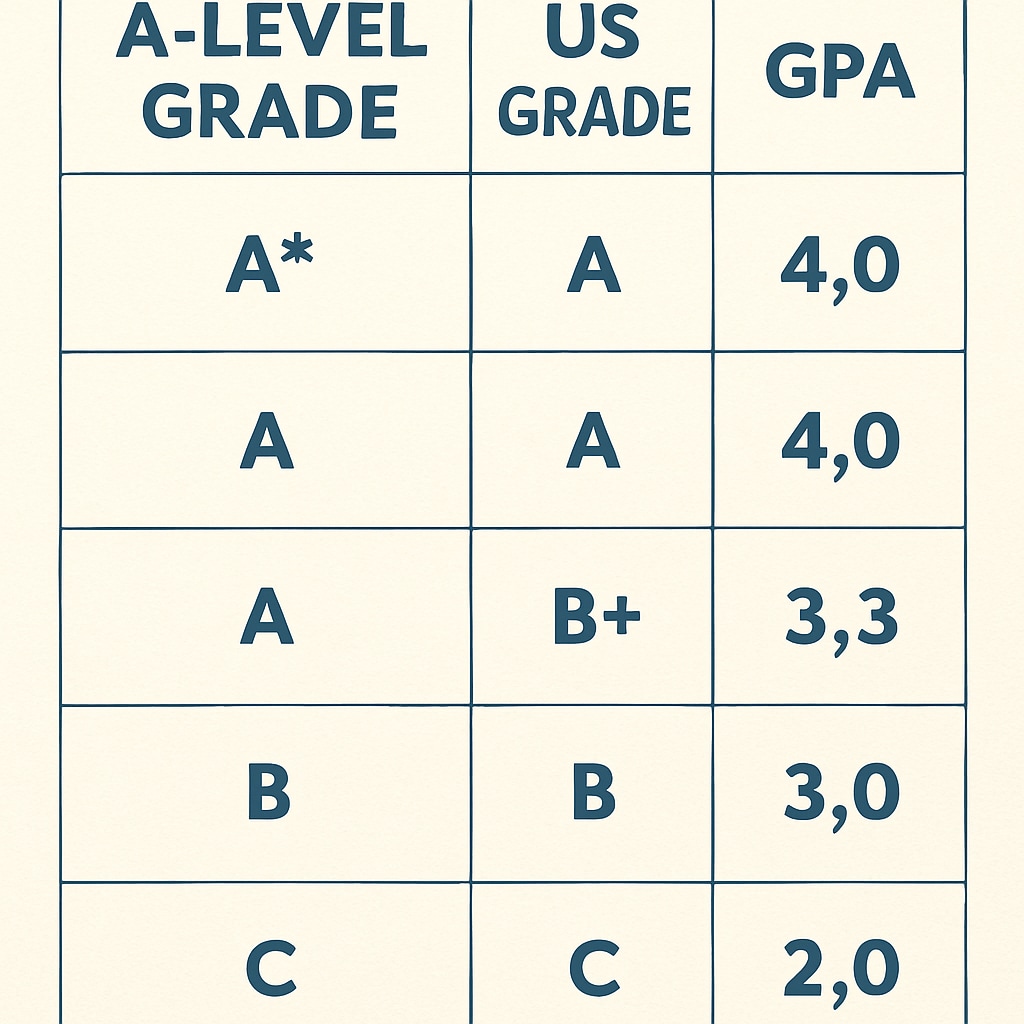When considering A-Level qualifications for US university applications, international students often question their recognition and competitive value. Unlike the UK where A-Levels are standard, American institutions evaluate them within a holistic admissions framework. According to the National Association for College Admission Counseling, 87% of US universities accept A-Levels as equivalent to Advanced Placement (AP) courses when calculating academic readiness.
Understanding A-Level Recognition Across US Institutions
Top-tier universities typically follow these evaluation patterns:
- Ivy League Schools: Consider 3-4 A-Levels with grades A*/A as comparable to 4-5 AP scores of 5
- Public Universities: Often grant course credits for A-Levels with grades C or above
- Liberal Arts Colleges: Value the depth of A-Level study in specific disciplines

Strategic Advantages of A-Level Credentials
A-Levels offer distinct benefits in the US admissions process:
- Subject Specialization: Demonstrates advanced competency in chosen fields
- Credit Transfer: Many institutions award college credits for high A-Level grades
- Academic Rigor: Recognized as challenging preparation for US college coursework
The Educational Testing Service reports that A-Level students typically outperform peers in first-year university assessments, particularly in STEM fields.

Optimizing Your Application Strategy
To maximize your A-Level advantages:
- Highlight challenging A-Level combinations (e.g., Mathematics, Further Mathematics, Physics)
- Request predicted grades from teachers early in the application cycle
- Supplement with standardized tests (SAT/ACT) if targeting highly selective schools
Key consideration: While A-Levels demonstrate academic strength, US universities still evaluate extracurricular involvement, essays, and recommendation letters as critical components.


